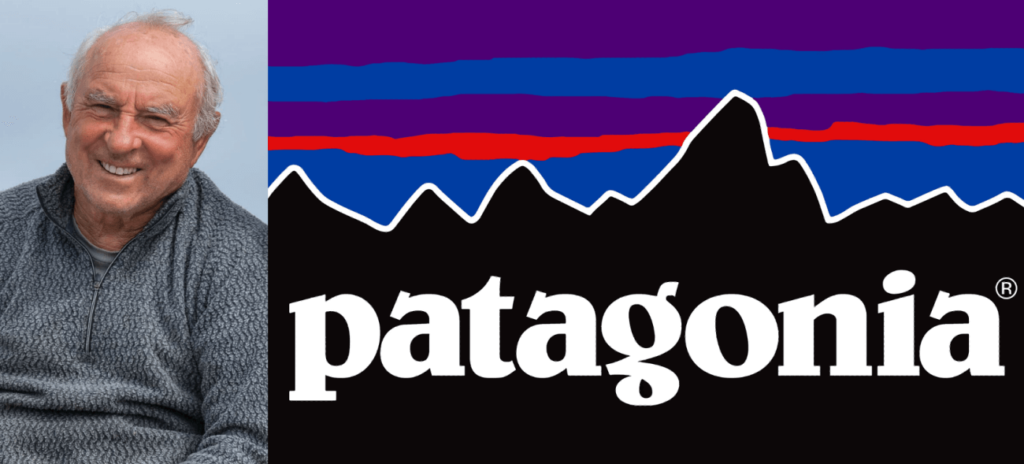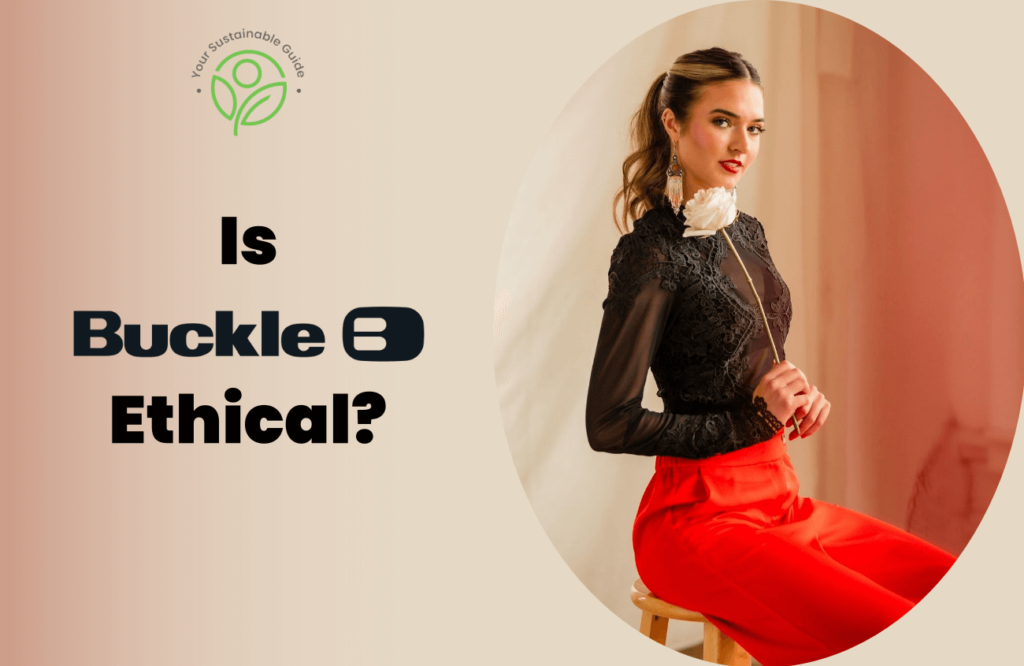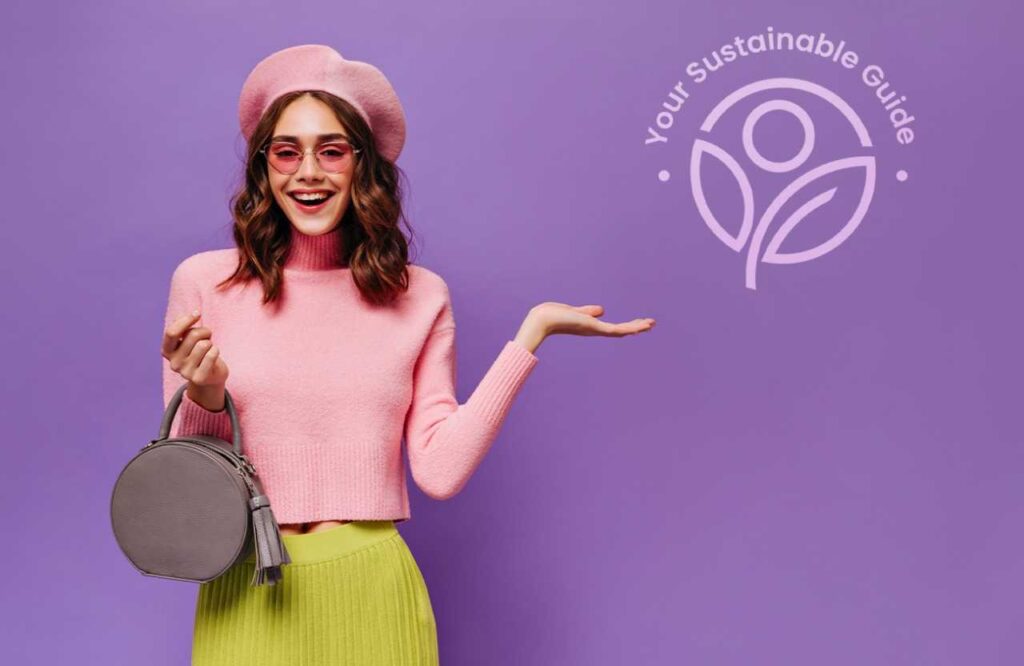Farm Rio, born on the vibrant streets of Brazil, has emerged as a global fashion house celebrated for its colorful and captivating designs. With over 25 years in business, the brand’s exotic collections have gained recognition in Brazil and beyond. However, while it creates statement styles that capture everyone’s attention, questions arise about its treatment of garment makers and its sustainability practices. Is Farm Rio a fast fashion brand disguised as ethical?
Farm Rio’s Ethical and Sustainable Practices
Farm Rio calls itself a conscious fashion label, claiming to safeguard nature and its inhabitants. The brand has embraced several Earth-friendly initiatives to lower its ecological footprint. But does that mean Farm Rio is sustainable? Let’s explore its ethical and sustainable practices for a clear picture.

Is Farm Rio Fast Fashion?
Farm Rio cannot be labeled as fast fashion because it doesn’t operate at a wasteful level. The brand is home to hundreds of styles inspired by tropical prints and bright colors, introducing seasonal collections and new designs periodically. This approach ensures fresh pieces regularly appear on its website, influenced by current trends but staying true to its design process, setting it apart from fast fashion companies.
Farm Rio’s production doesn’t happen at breakneck speed. The brand uses a good selection of natural and recycled materials in its clothing line and collaborates with several organizations to give back to Brazil’s cultural movements. Pricing varies, with products positioned across different segments, indicating a target audience that values bold and dramatic fashion infused with Brazilian culture.
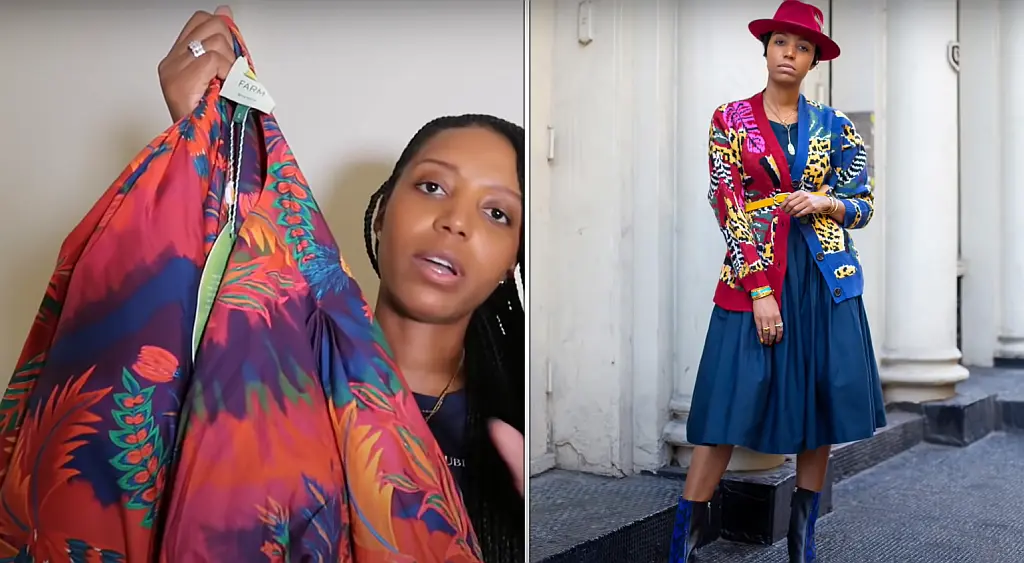
Is Farm Rio Ethical?
Yes, Farm Rio is ethical, but there is ample scope for improvement. It is a member of the Brazilian Association of Textile Retail (ABVTEX) and has implemented measures to maintain a transparent and fair supply chain.
Labor Practices
Farm Rio has a Supplier’s Code of Conduct that its manufacturers must follow. The company conducts regular audits in all its production units, with Tier 1 suppliers audited by a third-party organization following the SMETA labor standards. Farm Rio ensures its products undergo testing by certified labs to comply with international regulations such as REACH in Europe and FTC standards in the United States.
The brand strongly advocates for women’s empowerment, diversity, and inclusion. Currently, 50% of its official team consists of Black or Indigenous people, and 92% of its internal official employees are women. However, while Farm Rio traces the final stages of production, it doesn’t track its entire supply chain, indicating room for improvement in transparency and accountability.
Sourcing Practices
Farm Rio sources its products from multiple production units across Brazil and overseas, with many Tier 1 partner factories based in China. Regular inspections ensure fair labor standards, but there is no evidence of checks on Tier 2 or Tier 3 factories. Given China’s reputation for labor rights violations, Farm Rio should aim to trace its factories at every stage of production to uphold fair practices.
Child Labor
Farm Rio has never been reported for engaging in child labor, but its Code of Conduct does not address measures against it. The brand should declare its minimum age criteria and policies to protect minors from being involved in its supply chain.
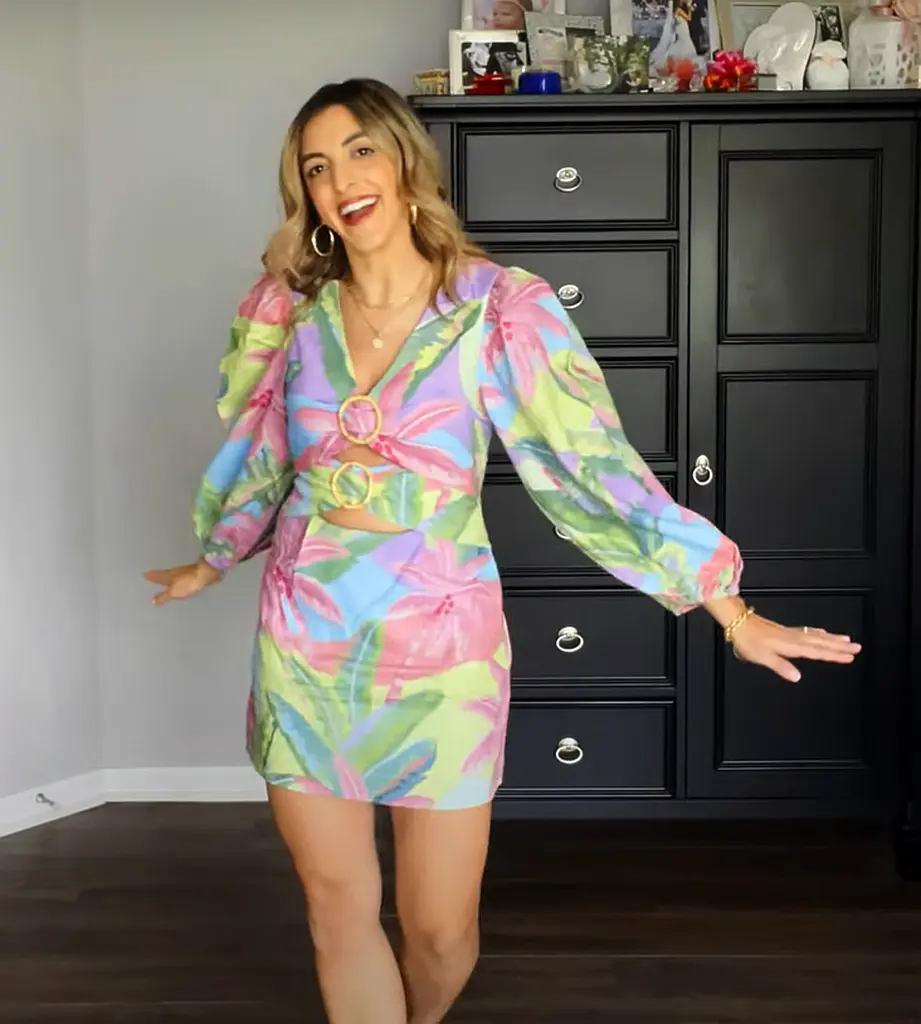
Is Farm Rio Cruelty-Free?
Farm Rio doesn’t have a formal animal welfare policy. While it doesn’t use angora, fur, mohair, exotic animal skin, or hair, it does use wool without specifying the source of origin. Without sufficient information on its wool-sourcing practices and lack of animal welfare policies, determining its stand on animal protection is challenging.
Is Farm Rio Sustainable?
Yes, Farm Rio is making genuine efforts to operate sustainably. The brand uses natural materials like organic cotton, EcoVero, and Tencel lyocell in its garments, alongside upcycled materials like recycled polyester and nylon. Its circularity program utilizes leftover fabric stock, recycles scraps, and donates unsold products, significantly reducing its ecological footprint.
In 2019, Farm Rio partnered with One Tree Planted, planting a tree for each purchase made on its site. To date, over 1,000,000 trees have been planted, aiding reforestation efforts. As a carbon-neutral company, Farm Rio follows GHG protocol guidelines and engages with various Circular Economy programs across Brazil. It also uses recyclable packaging, aiming to become a zero-landfill waste company by 2030.

Conclusion
While Farm Rio demonstrates a commitment to ethical and sustainable practices, there is room for improvement in transparency, particularly in its supply chain. The brand’s ongoing efforts to reduce its ecological footprint and support cultural movements are commendable, reflecting a positive trend towards greater accountability and sustainability.
Overall Ratings:
- Ethical Practices: 3.5/5
- Sustainability: 4/5
- Cruelty-Free: 3/5



